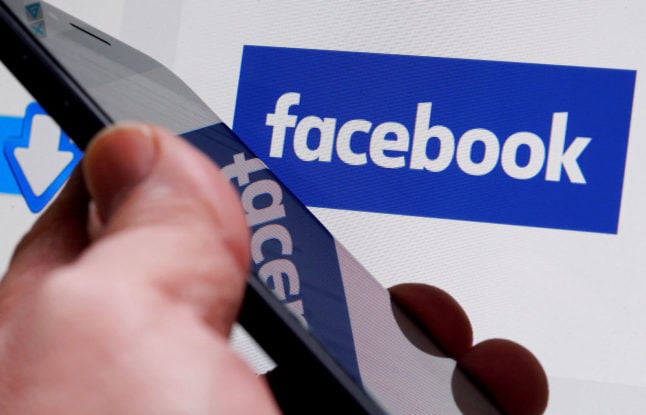The Stockholm District Court ordered Black Internet to stop supplying the notorious file sharing site with capacity in a ruling issued shortly after lunch on Monday.
Faced with a fine of 500,000 kronor ($70,700) Black Internet took the decision to cut off the Pirate Bay and the site has been closed since, according to a report in the Dagens Nyheter newspaper.
“We received the decision about the fine shortly after lunch and turned off capacity just before 3pm. There are laws and regulations in society and one should follow them. What we think about this and how we shall act in the future remains undecided,” Black Internet’s CEO Victor Möller told DN.se.
The court ordered that server capacity to The Pirate Bay should be closed pending the conclusion of the court case directed against the founders of the website by the US film and music industry, the newspaper writes.
According to Victor Möller The Pirate Bay is unlikely to remain out of service, but as they were its biggest supplier new capacity could take a while to find.
The Pirate Bay is the subject of a 60 million kronor takeover bid by Global Gaming Factory X (GGF) that is due to be completed on August 27th.
The Local reported on Monday that GGF and CEO Hans Pandeya are the subject of a criminal investigation amid allegations of insider trading.
Pandeya is also the subject of a claim filed with the Swedish enforcement service (Kronofogden) for alleged unpaid debts to former board member Johan Sellström and the Swedish tax agency.
Stockholm District Court convicted Pirate Bay backers Fredrik Neij, Gottfrid Svartholm Warg, Peter Sunde and Carl Lundström in April on charges of of being accessories to copyright infringement.
The four were each sentenced to one year in prison and ordered to pay 30 million kronor ($3.56 million) in damages.



 Please whitelist us to continue reading.
Please whitelist us to continue reading.
Member comments